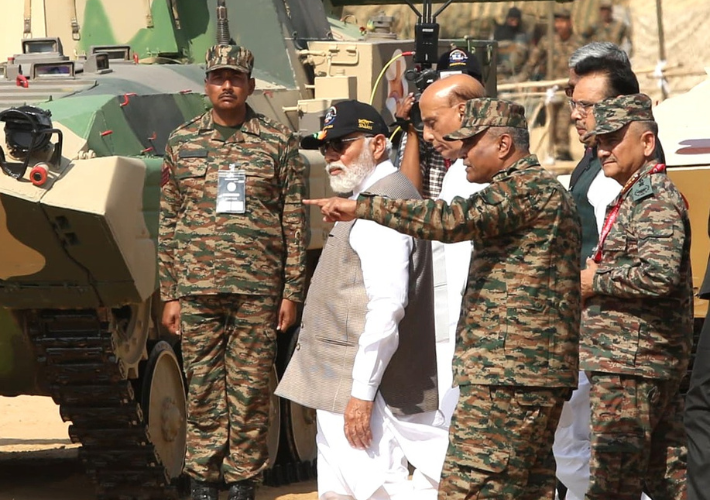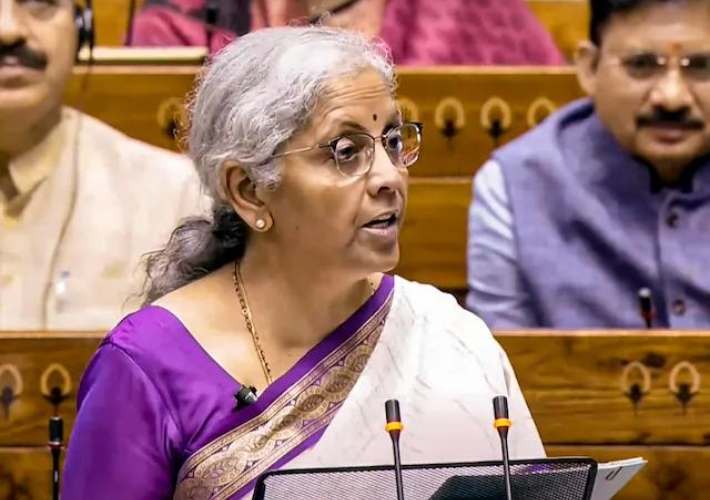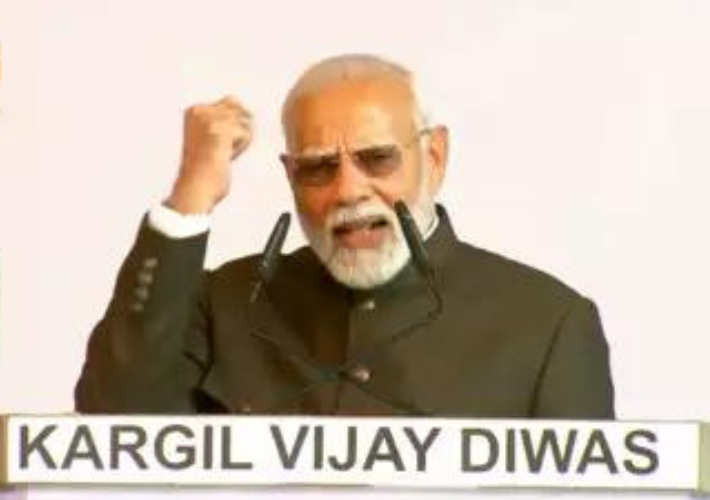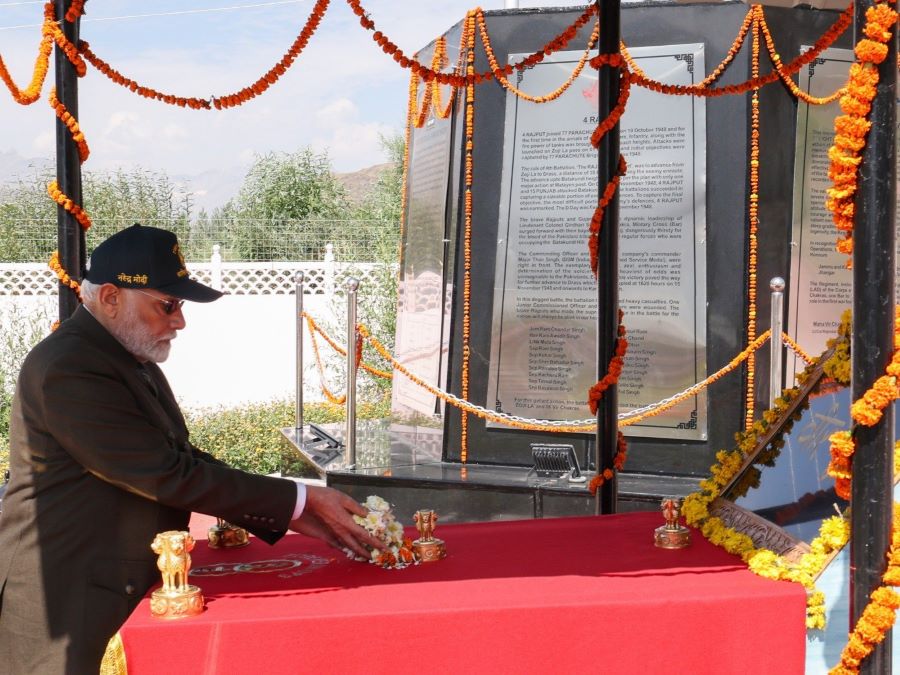Was the Gulf War (1990 to 1991) a success for the United States? To many, the answer is unequivocally “yes.” After all, the United States rallied the international community to punish aggression and liberate a small country (Kuwait) that had been invaded by its larger, authoritarian neighbor (Iraq). The country marshaled its formidable instruments of diplomatic, informational, military, and economic power to garner international support and achieved its objectives quickly at a relatively limited cost; adeptly executed joint and multinational military operations; and displayed astonishing military capabilities heralded as the beginning of a “revolution in military affairs.” These elements of the U.S. campaign should be celebrated and, where possible, emulated in the future.
But the United States should be careful not to mythologize its performance in the Gulf War. For example, war termination was handled haphazardly in a manner that hurt policy goals for regional stability. Following the war, great-power and non-state competitors sought to identify and exploit U.S. vulnerabilities with asymmetric responses while excessive military deference from allies often placed a greater burden on the United States. Lastly, U.S. military prowess in the war led to hubris, and reinforced a neglect for diplomacy, irregular warfare, stability operations, and governance. The country should continue to study the record of the Gulf War to identify and attend to demonstrated deficiencies, and to analyze subsequent responses of adversaries and allies.Read more…











